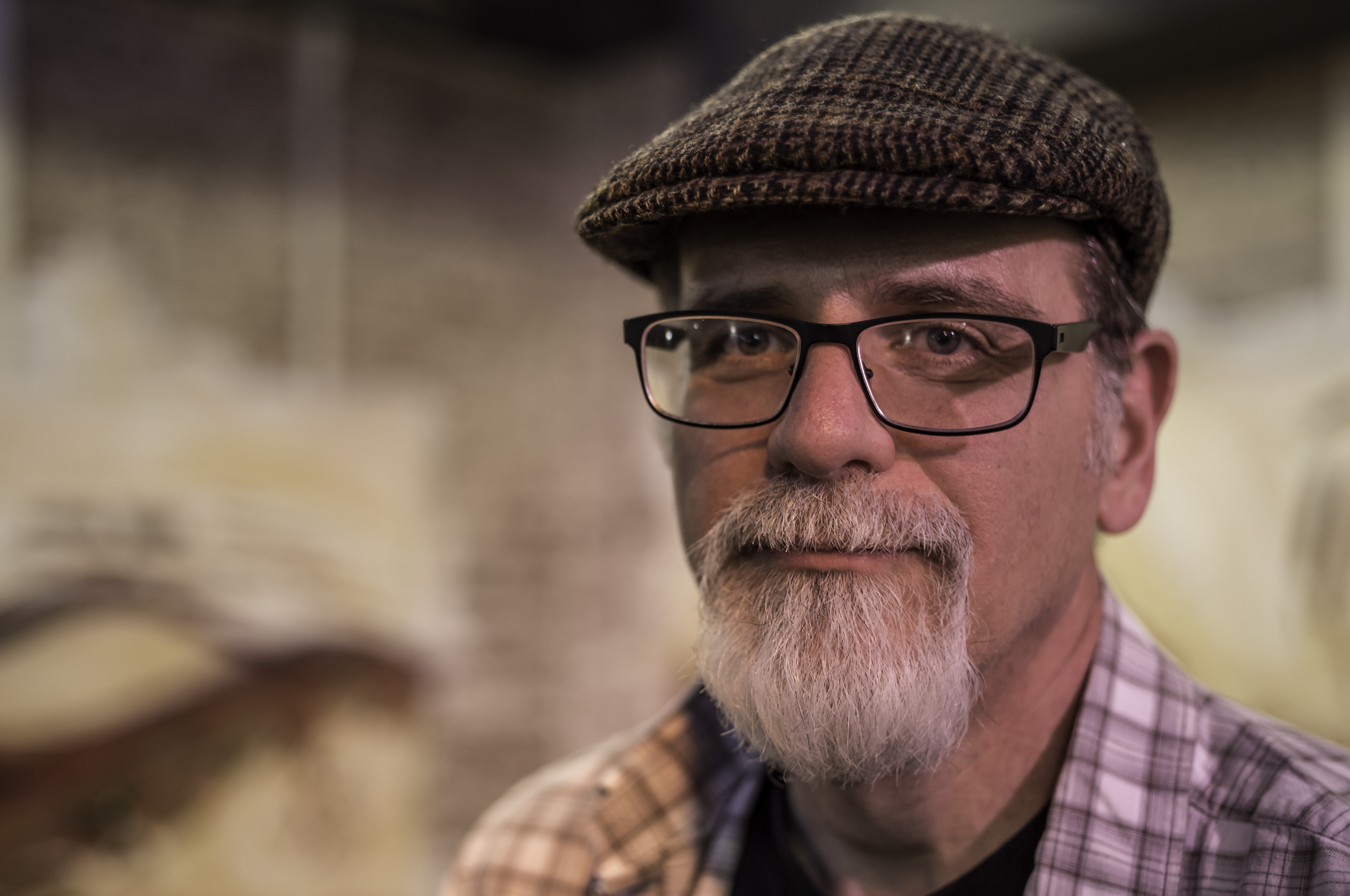The Big Short
Behind the housing crisis
The Big Short, a film based on a nonfiction book by Michael Lewis, is crammed with information that seems more akin to a documentary. But it still maintains an entertaining story line.
Pure greed is the only motivating factor offered as explanation of what led the big banks and rating agencies to deceive customers and place the whole economy in a fragile state.
Director Adam McKay goes all out as characters or celebrities, including chef Anthony Bourdain, speak directly to us as they explain how the housing bubble came to be and how it brought down the whole economy. Given the amount of information we are fed, we are grateful for the doses of humor and quirky characters.
Michael Burry (Christian Bale), a financial genius, notices that under the rosy ratings of bundled mortgages were overvalued bonds full of subprime mortgages. No one wants to listen, so he starts “shorting” the bonds. He bets that the housing market will collapse and with it probably the whole economy. Several others join in this “shorting,” including Mark Baum (Steve Carell), whose conscience is already upset by the banks, mortgage lenders, and bonds bundlers as well as the credit rating agencies who keep their profits high by encouraging repeated loans to people who have horrible credit ratings and then bundling those loans to make them look appealing.
There is plenty of humor and plenty of time to become angry as we watch the events unfold. I found myself cheering for these investors even though it meant cheering the eventual meltdown that did massive harm to many people around the world. Two young men in this group of investors get excited about the prospects of making millions of dollars off of the collapse of the bubble. An older ex-broker, Ben Rickert (Brad Pitt), cautions them to consider the results of their winning at this game. Watching the realization dawn on them that they only win if the American economy goes bust is revealing.
Baum, a bit of a crusader trying to understand how this can happen, goes to Las Vegas and meets with a person who is adept at bundling and rebundling CDOs (collateralized debt obligation) so that everybody at the top helps each other make money. It becomes clear that the banks, agencies, and these investment brokers are keeping each other afloat by looking the other way while pulling in massive amounts of money. This scene serves up a metaphor for the movie; the top will keep on consuming and consuming. They have three assumptions: the market won’t collapse as long as we keep shuffling the papers, Americans will never default on mortgages in high numbers, and the government via the taxpayers will bail us out if we fail. The CDO manager keeps eating his sumptuous food while talking about the way he is putting thousands of others at risk. It just doesn’t matter to him because it doesn’t affect him personally.
There is almost universal disregard for what this means for the lower-income consumer of these loans. Baum’s interview with a stripper illustrates this as he discovers that she has multiple mortgages (maybe more than five), which she just keeps refinancing. Each refinance gains her some time, but digs the hole deeper. But each time she refinances the mortgage, lenders make more money off their fees while she loses ground. She is stripped of everything while those agents are on a spending spree at her expense.
Pure greed is the only motivating factor that we are offered as an explanation of what led the big banks and rating agencies to deceive the customer and place the whole economy in a fragile state. Most of these characters are one-dimensional, which might be the flaw of the movie. The bind that Baum finds himself in is a better illustration—he wants to expose the big banks, but he also needs to make money for his clients.
What the film observes is that most people want to believe the good news, want to believe they can afford that house, that they can become wealthy. So they ignore the reality. The loan officers play into this by making absurd loans possible. It does take more than the greed at the top to make the system work. Those at all levels must play along.
The Big Short wants to scare you, make you angry, and cause you to question the systems that are in place that perpetuate the system. It asks if we can trust those who are in power to manage the system in honest ways and care for the small investor or homeowner.
When the loan rating system has to give good ratings to keep getting business, it is as if my students expected A’s because their tuition pays my salary. Attend my university and we will give you a great rating. That should never be the way it works, but when profits supersede integrity, all of us will eventually lose.
The Big Short is worth seeing, but go in knowing that it wants to raise your level of understanding about how the markets work. Christian Bale and Steve Carell are marvelous in their roles, and the film dodges the risk of being too preachy.
Rated R for pervasive language and some sexuality/nudity.
***




